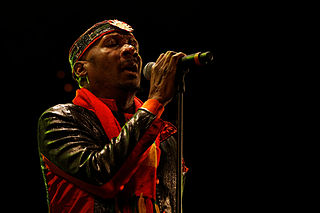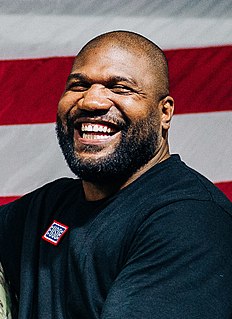A Quote by Patti Smith
The whole process of working with Steven [Sebring] and being filmed by him helped me psychologically to get my feet back on the ground.
Related Quotes
I actually had another motivation for letting Steven [Sebring] film us. After I'd been out of the public eye for 16 years, lost my friends and lost my husband, some of my confidence had been undermined. Steven made the process of filming fun; I could pretend that we were in something like Don't Look Back.
I had met Michael Stipe, and he was such a kind person, and extremely understanding, so I asked him if he knew a photographer who would come to Detroit, where I lived, who would be child friendly and who would respect my home. Michael suggested Steven [ Sebring]. One day a knock came at my door, and when I opened it, there was Steven. He's been like a brother ever since.
The Underneath was my first film. Steven Soderbergh. I remember that I thought, "Wow, this is such a highlight. Am I ever going to get back to this?" Loved working with Steven and in Austin, Texas, one of the rockin'-est towns in America. I'll always remember it, because I was really grateful that someone finally hired me for a movie.
It's Steven's [Sebring] view of what he saw in traveling and working with me. But on another scale, I think the film [Dream of Life] is very humanistic: It touches on motherhood, death, birth, art, laundry, anger against the Bush administration... While I don't think it's the kind of film where one goes to find some of the darker, edgier aspects of life, the film was born of grief.
After another half second, he's locked me in a bear hug, crushing me into his chest and lifting my feet a couple inches off the ground as I kick furiously with my heels, twisting my head back and forth, snapping at his forearm with my teeth. And the whole time his lips tickling the delicate skin of my ear. "Cassie. Don't. Cassie..." "Let...me...go." "That's been the whole problem. I can't.




























